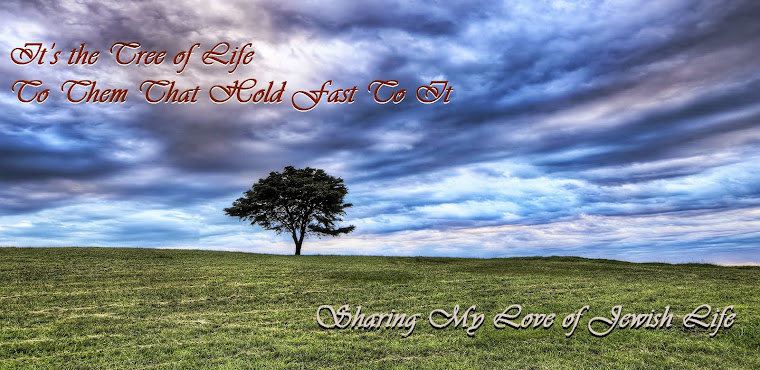Shiluach Hakan, shooing away the mother bird, is just one of the numerous mitzvot detailed in this week’s parsha, Parshas Ki Tetze. The mitzvah itself seems simple, if not oddly mundane: “If you come upon a bird’s nest in the road, on any tree, or on the ground, and it has fledglings or eggs, if the mother is sitting on the fledglings or the eggs, you shall not take the mother on the young. You shall send away the mother and [then] you may take the young for yourself, in order that it should be good for you and you shall lengthen your days” (Devarim 22:6-7).
Many people cite the mitzvah of shiluach hakan as an example of the Torah’s compassionate treatment of animals, but then why take the fledglings or the eggs in the first place? Would it not be more compassionate to just keep walking? Perhaps, however, in this mitzvah we are able to witness the Torah’s overall combination of practicality and compassion. One’s practical, more animalistic self, comes upon a nest and thinks about food, about taking the easy prey, the sitting hen, and perhaps her young ones too. It is food, after all, and one has to have food. One’s compassionate, more spiritual self, thinks about all creatures being part of Hashem’s creation and would, perhaps, forego the whole idea. But in this one peculiar mitzvah, Hashem illustrates a path of compromise: Listen to your body - if you see a nest and want the eggs, you are probably hungry – but heed your soul – think about what you are about to consume, that this is part of the great creation and there is a compassionate way of behaving.
Nachmanides does not agree with the idea that shiluach hakan is a mitzvah about kindness to animals: “...The reason for the proscription is to teach us the trait of mercy and that we not become cruel. Since cruelty spreads in the soul of a man, as it is known with butchers that slaughter large oxen and donkeys, that they are 'people of blood,' 'slaughterers of men' [and] very cruel. And because of this they said (Kiddushin 82a), 'The best of butchers are the partners of Amalek.' And behold, these commandments with animals and birds are not mercy upon them, but [rather] decrees upon us, to guide us and to teach us the good character traits...” Nechama Leibowitz clarifies that “Nahmanides refuses to entertain the notion that the sending away of the mother bird is dictated by considerations of cruelty to animals. The precept is governed by purely educational considerations to inculcate kindness and compassion in our dealings with one another (Studies in Devarim, 219).
Whether the mitzvah of shiluach hakan is meant to teach the importance of kindness to animals or to bear a lesson to us about treating one another properly, it is a bit of a strange mitzvah, particularly in the modern age. One might question how frequently it would actually happen that a person would be walking by the road, see a bird's nest, and think to take the bird's young. Of course, for many generations we were an agrarian society and we lived in a far more ecologically diverse area, but still, one would probably have to be pretty hungry to look at a random nest and think “meal!” The fact of the matter stands, however, by the understanding that the Torah is relevant in every time and every place, so there must be some other – deeper – way to understand the mitzvah of shiluach hakan.
If we are not talking about a real bird (although the actual bird scenario is one that does happen and should be literally applied), but rather the idea of a bird and its nest, then the lesson of compassion in our dealings with others is truly transferable. It is interesting to note that this week’s parsha begins with the words ki tetze, when you go out. And while the phrase is referring to the verse "When you go out to war against your enemies...", there is an indefiniteness to the use of the word ki, when. It is not going to happen to every one, but when it does, be prepared. Shiluach hakan is very much of a “when you go out” mitzvah. It is not something that will definitely happen, and it is not something that one can create a scenario to make happen. Indeed, the pasuk describing the mitzvah emphasizes that the nest would be something that one comes upon. So too, in our every day lives many of us will not be in a position to have to choose a combination of seeming cruelty to effectively be both practical and compassionate.
Knowing that the Torah very much believes that "words can kill," perhaps we have the opportunity to understand this mitzvah differently. It is all too easy in the desire to rebuke or castigate individuals to condemn entire groups of people But if one thinks of the larger community as the mother and the individuals as the fledglings, then perhaps we have a modern means of applying the lessons of intuitive compassion inherent in shiluach hakan.
